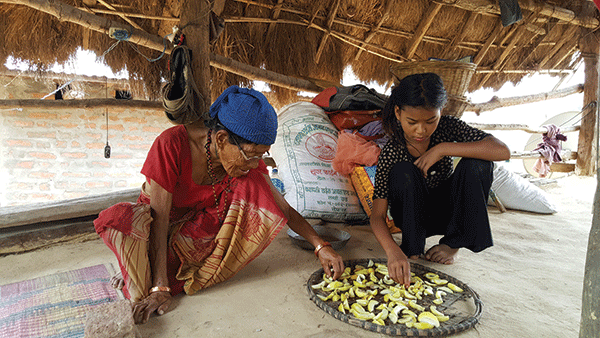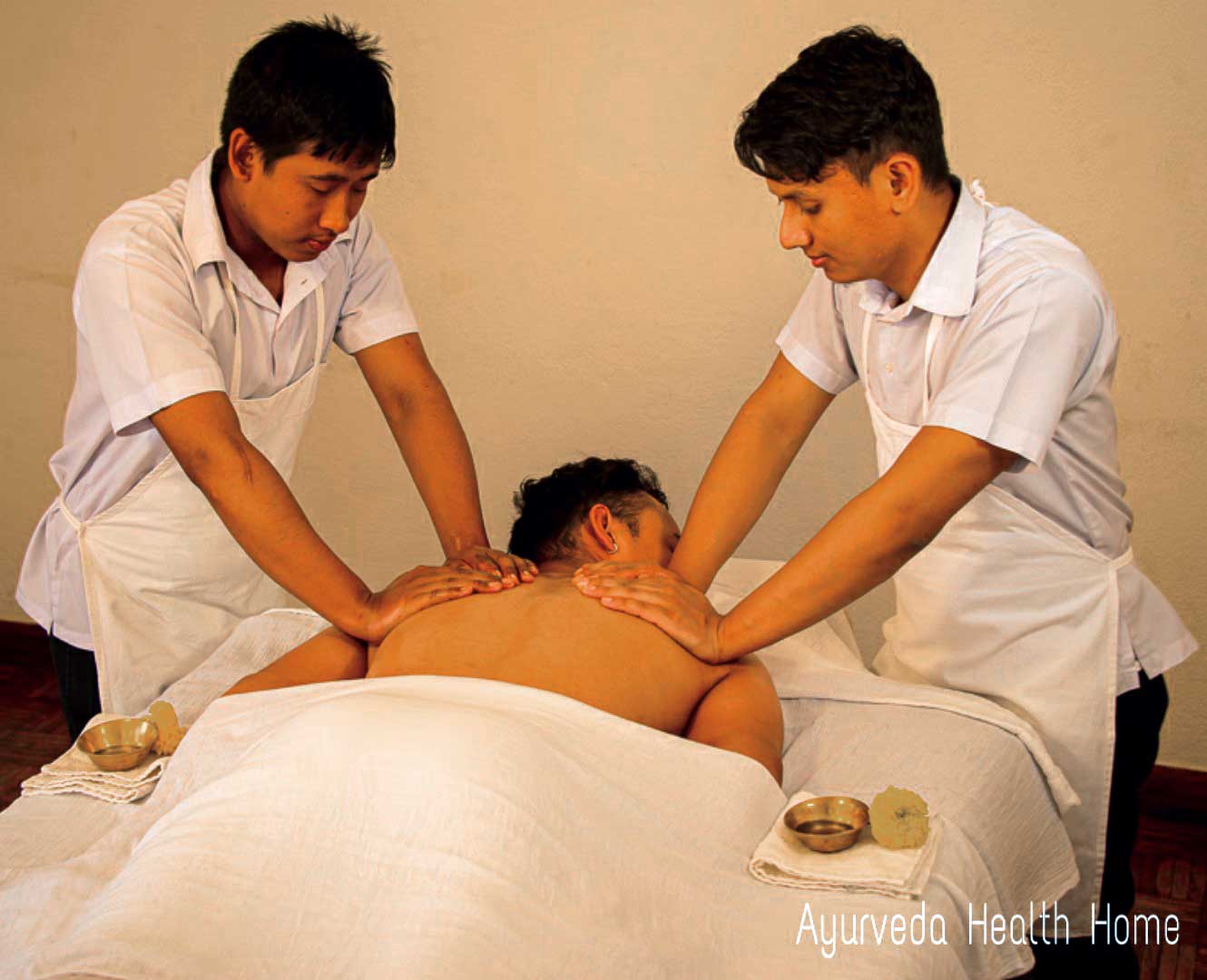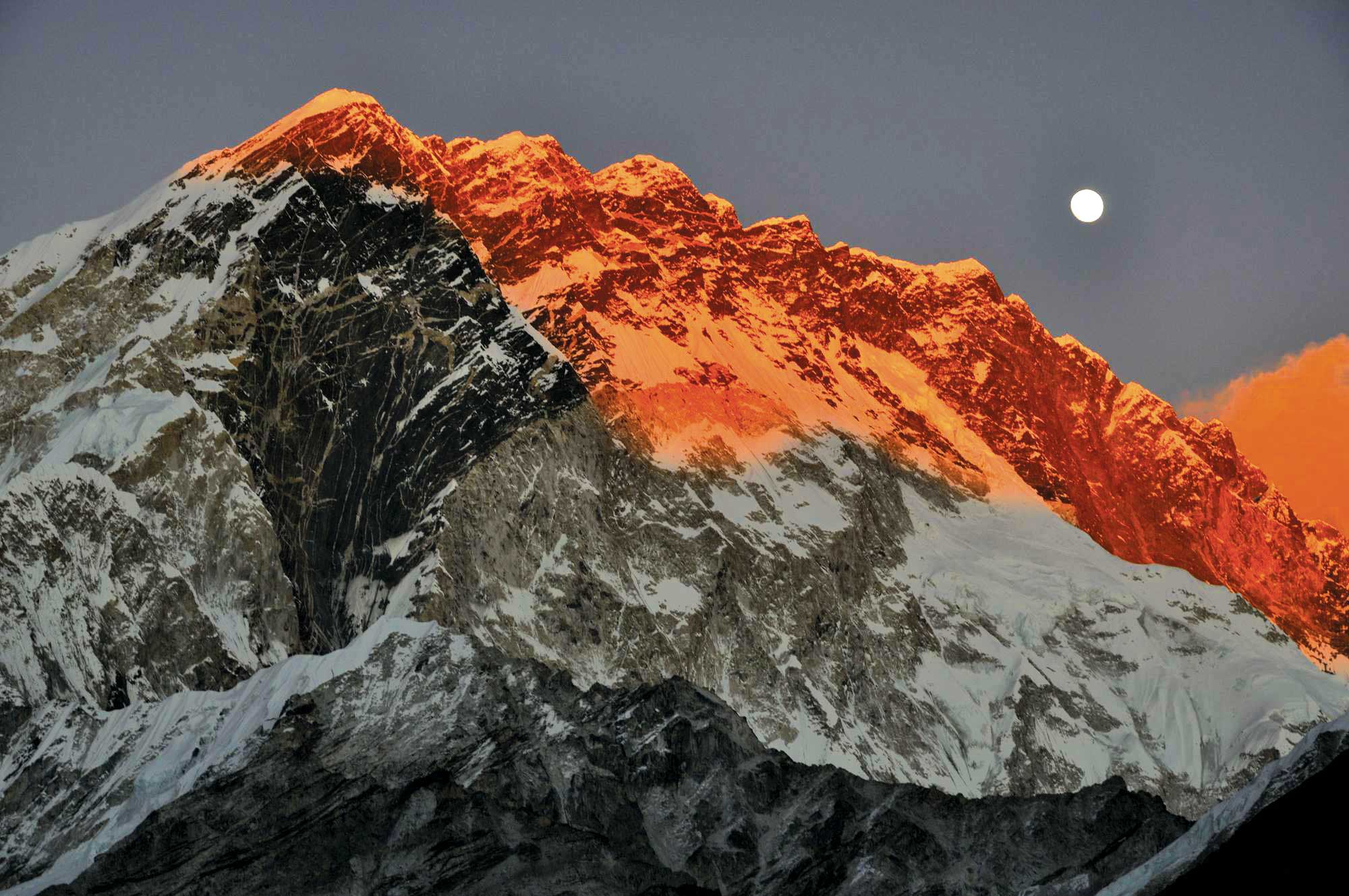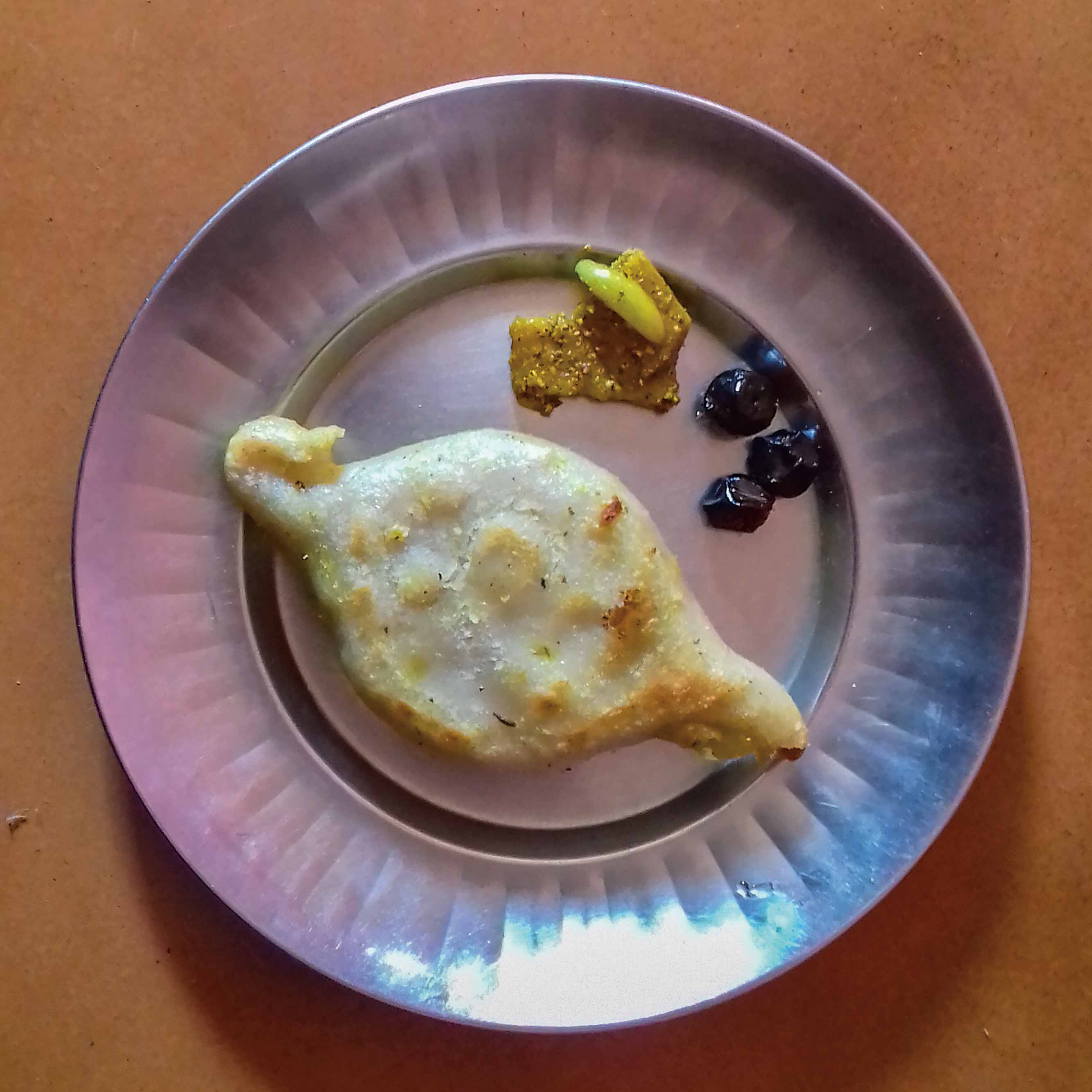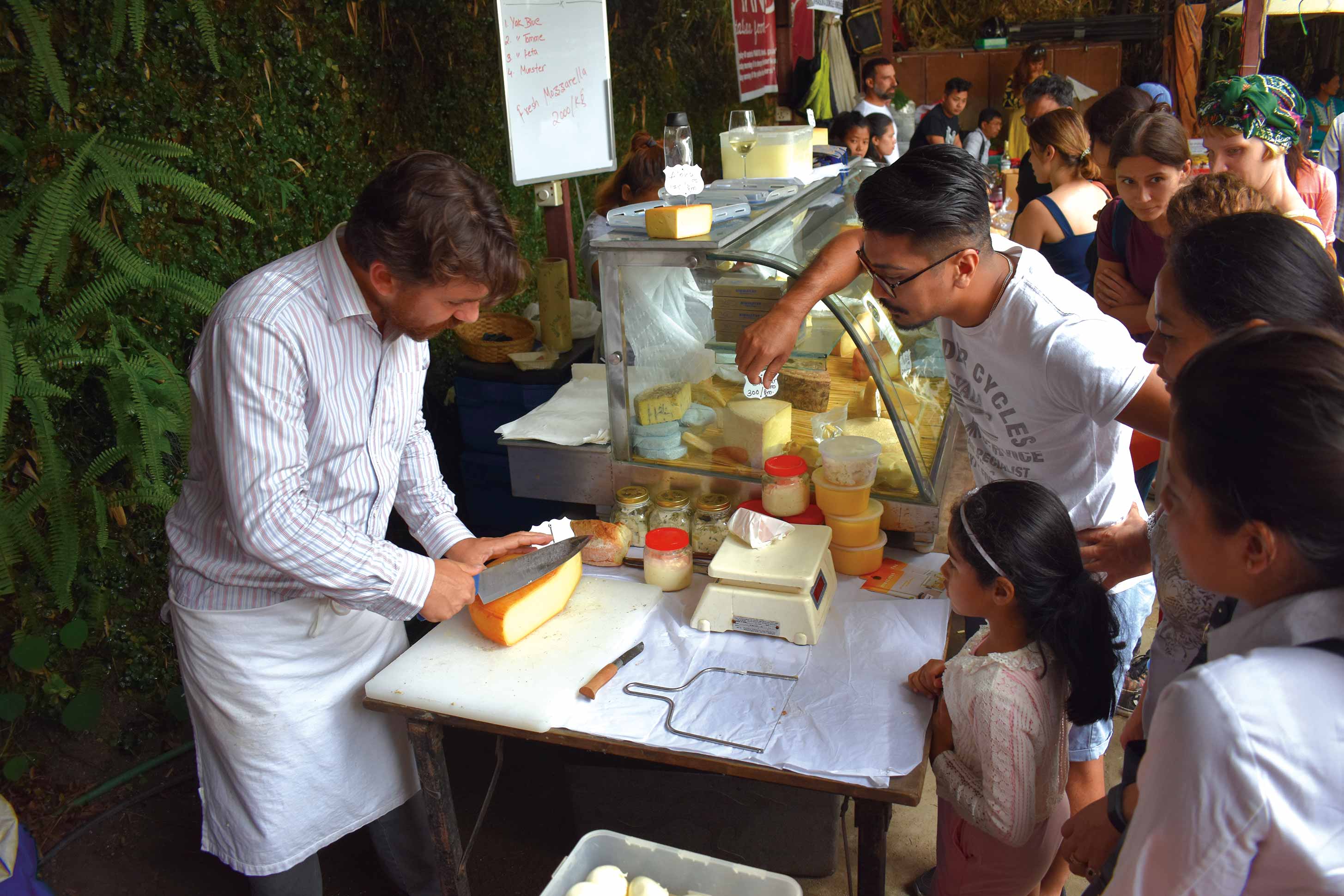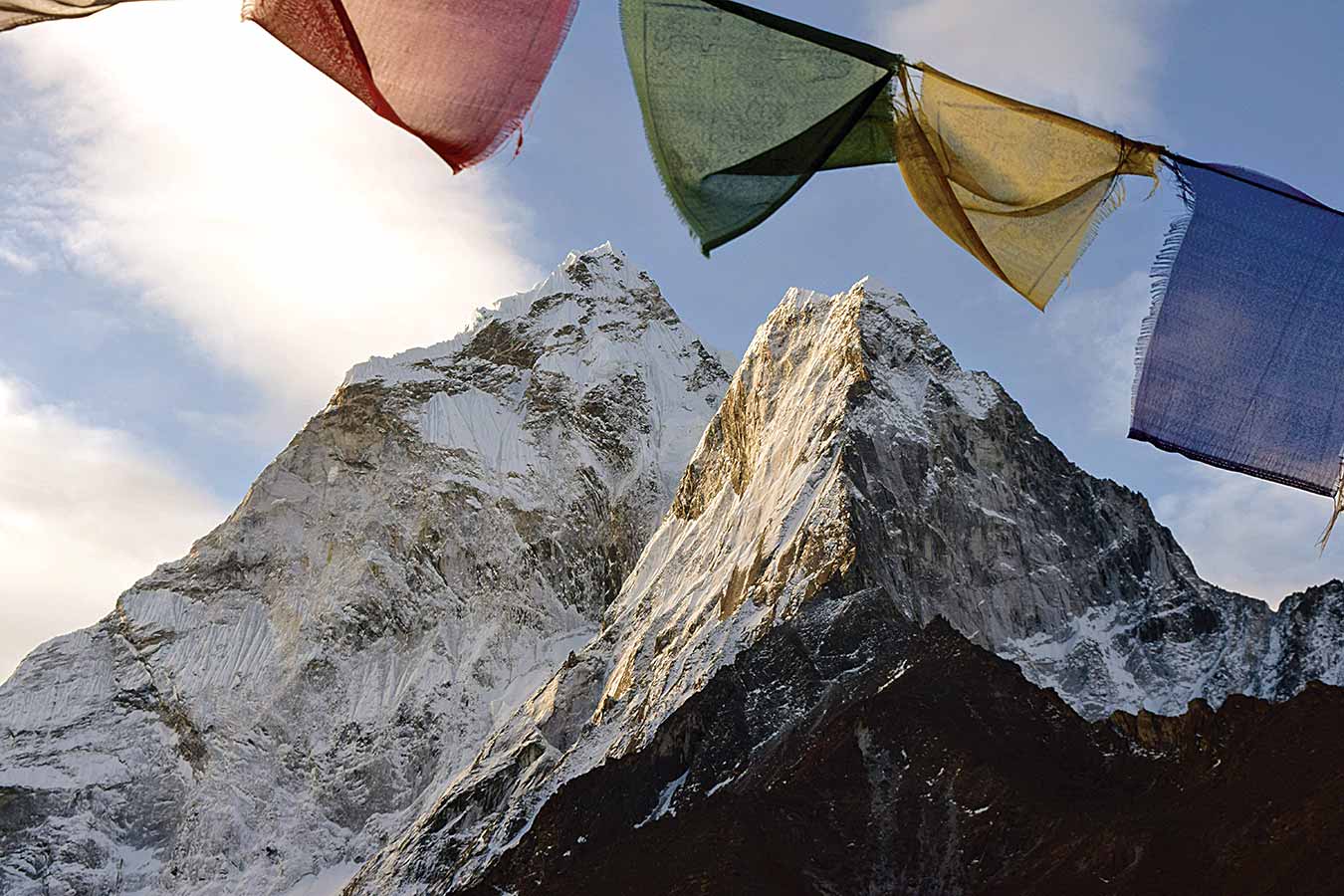In 1975, a 35-year- old woman summitted the highest peak in the world: Mount Everest. An unthinkable quest for many who still believed women were only meant to cook in the kitchen. Tabei was in love with the enigmatic mountains. She had to experience the grandeur for herself, and just that drive made her unstoppable. ‘It was never different for a woman’
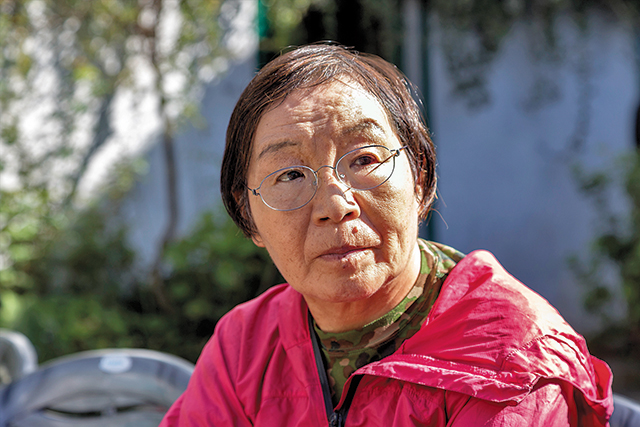
In 1975, a 35-year- old woman summitted the highest peak in the world: Mount Everest. An unthinkable quest for many who still believed women were only meant to cook in the kitchen. Tabei was in love with the enigmatic mountains. She had to experience the grandeur for herself, and just that drive made her unstoppable. ‘It was never different for a woman’.
On September 9, I ran behind Junko Tabei’s trekking group that was here to celebrate her 40th anniversary of conquering the summit on May 16, 1975. As people greeted her at the airport, she smiled as though she felt at home. I was behind everyone, observing her, and recounting my questions to ask her. While she settled down with her group at the hotel she was staying in, I waited for her to give me the sign to approach her.
When Tabei was in grade 4, she believed that the world was full of only trees and humans. She had no idea of the great mountains she would eventually conquer. On an excursion to Fukushima, her teacher described Yatsu-ga-take to her, the first mountain that she saw during the trip. It amazed her. She had never thought something so monumental existed beyond her world. Her teacher, addressing her excitement, had said to her then, “Only if you walk, will you reach.”
Little Tabei held on to the thought, and later in 1975, she climbed to the top of the world with 15 other women from her Ladies Climbing Club, and her Sherpa, Ang Tshering, from the south summit of Mt. Everest. Before this, Junko Tabei, along with some club members, had successfully climbed Annapurna III. For her, every mountain was a different experience. It wasn’t just the beauty that throttled her drive; it was a feeling inside that was incomparable to words that made her continue even after she had climbed the highest peak.
Forty years after her triumph, she had come to Nepal to commemorate her victory, and to inspect work on the environmental cleaning campaign in the Khumbu region being done through her organization, Himalayan Adventure Trust of Japan. She had previously brought an incinerator to Lukla, where all the garbage of the region could be burnt safely, and still is today. I asked her, “What was your drive all this time?” and she replied, “I just wanted to experience for myself. I had a dream, and I had to live it. There was no other option for me, I had to do it.”
‘And did you have all the support you needed from your family?’
“I was already a mother when I climbed Mount Everest. My husband was supportive, and nobody in my family ever made me feel that I was born as the other sex. If anyone wants to do something, they just have to make it a point to do it anyway. Like my teacher said, ‘Only if you walk, will you reach’.”


